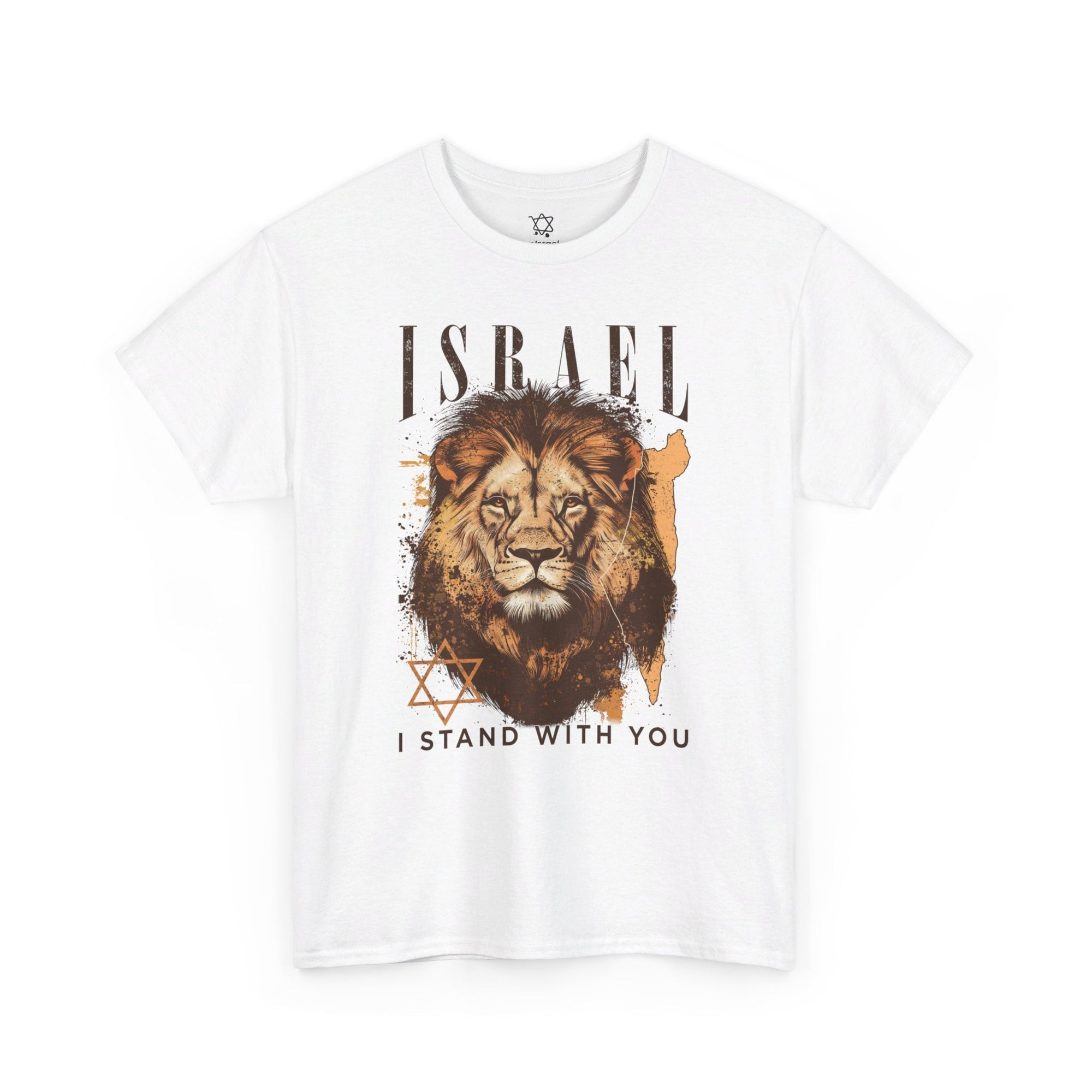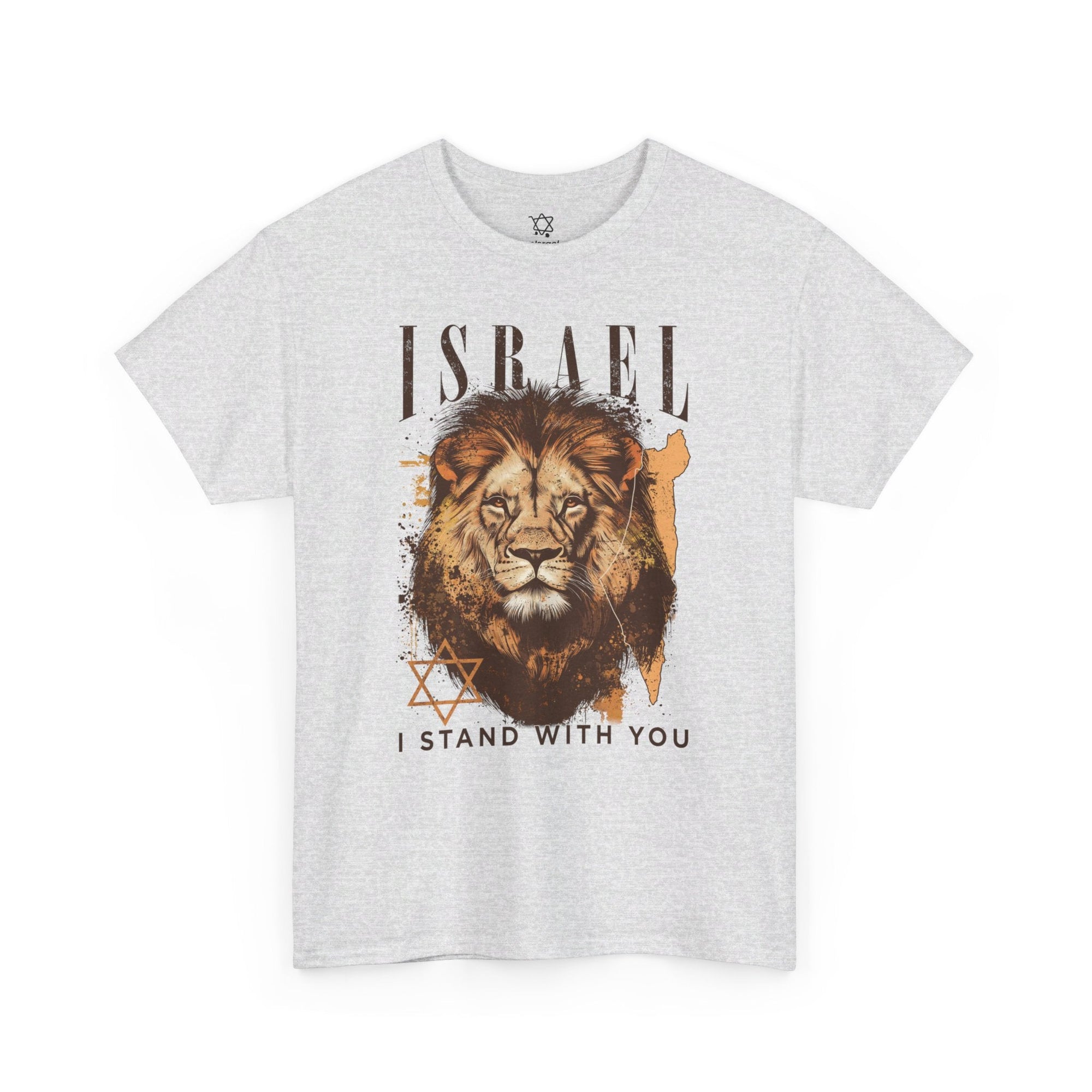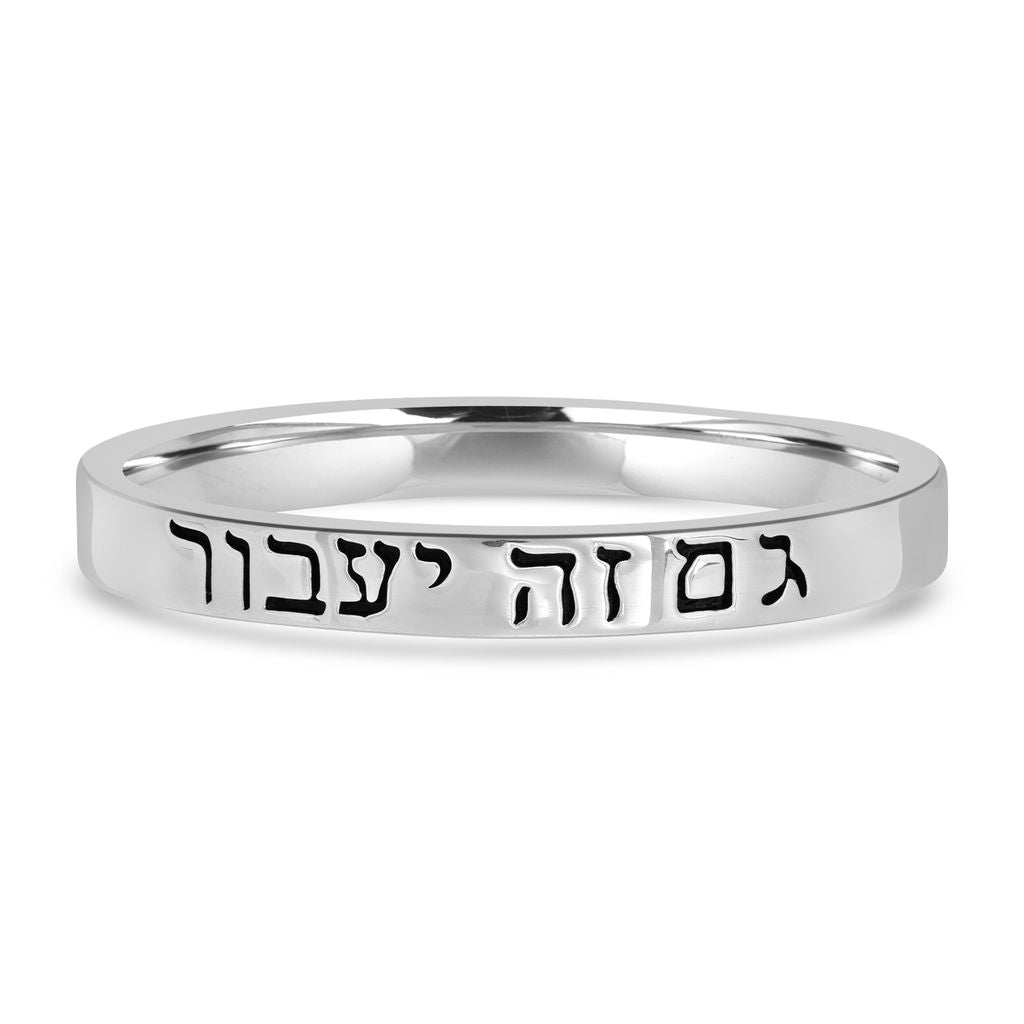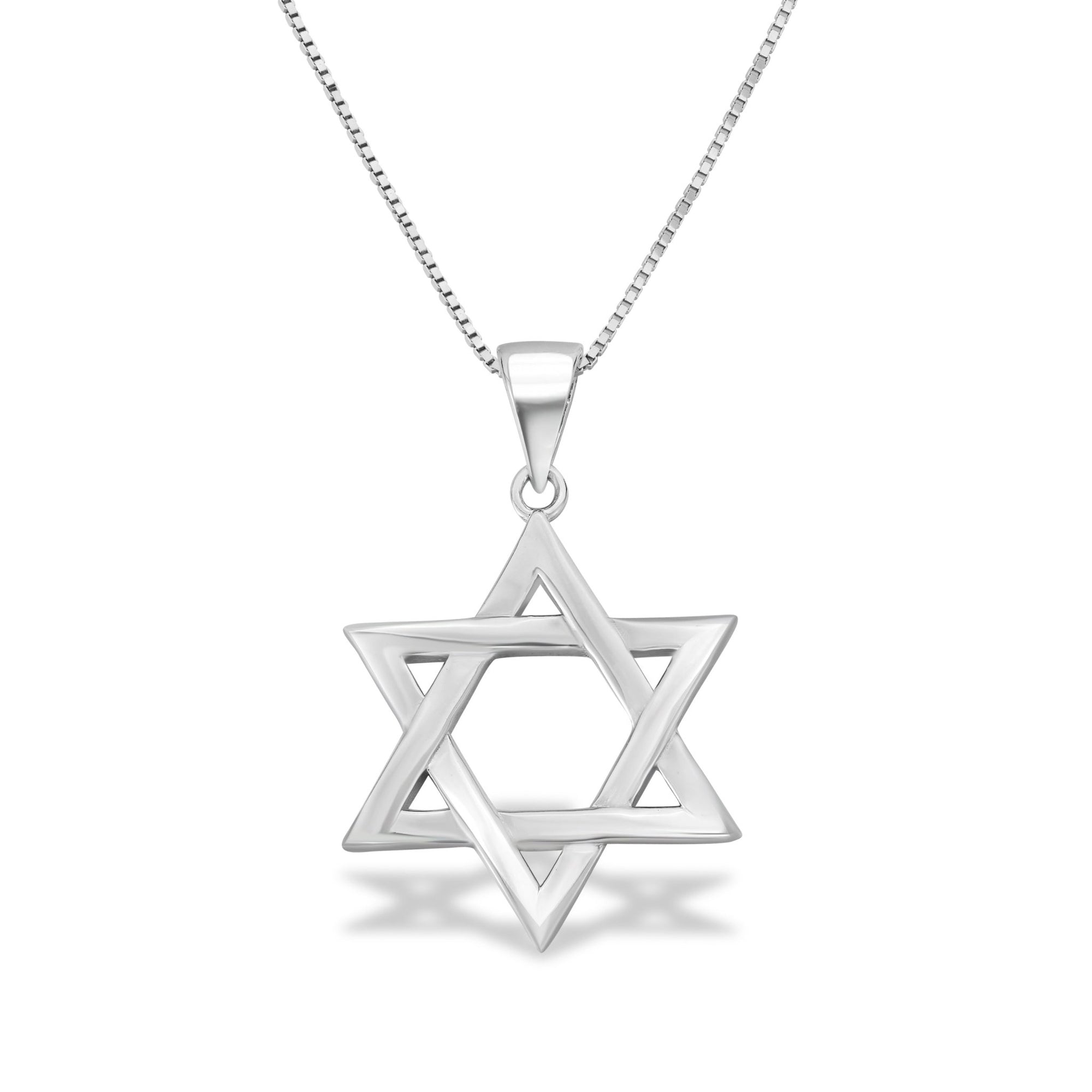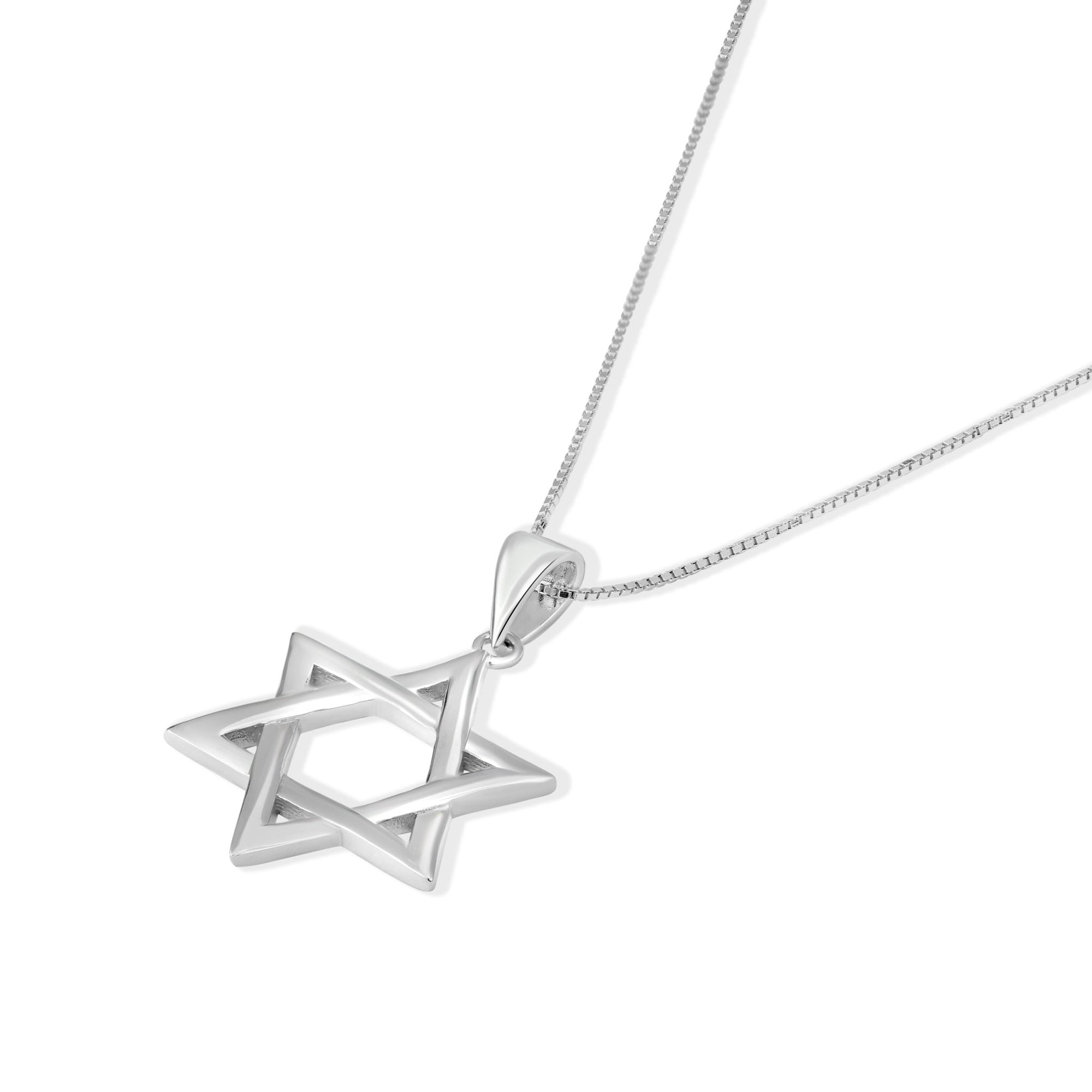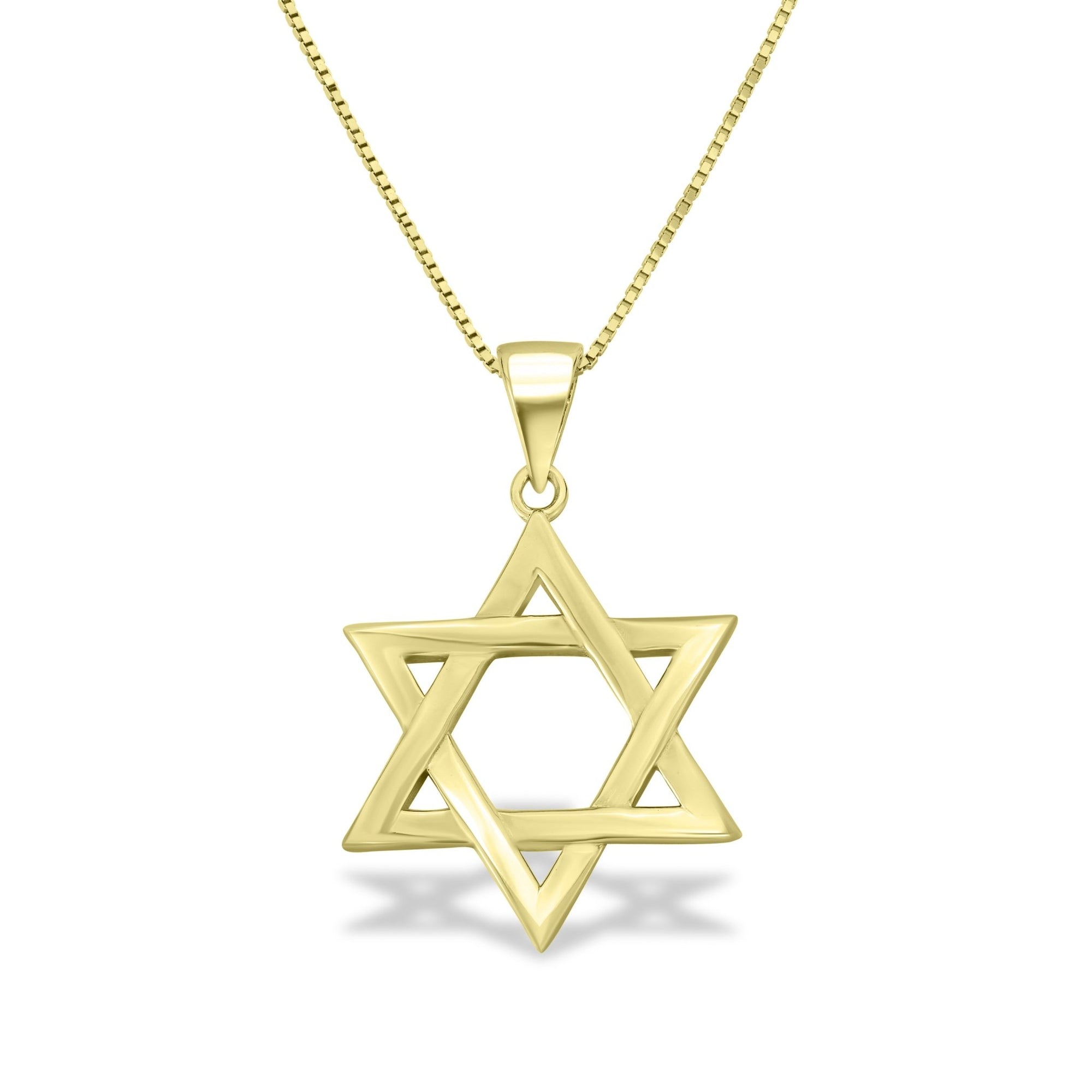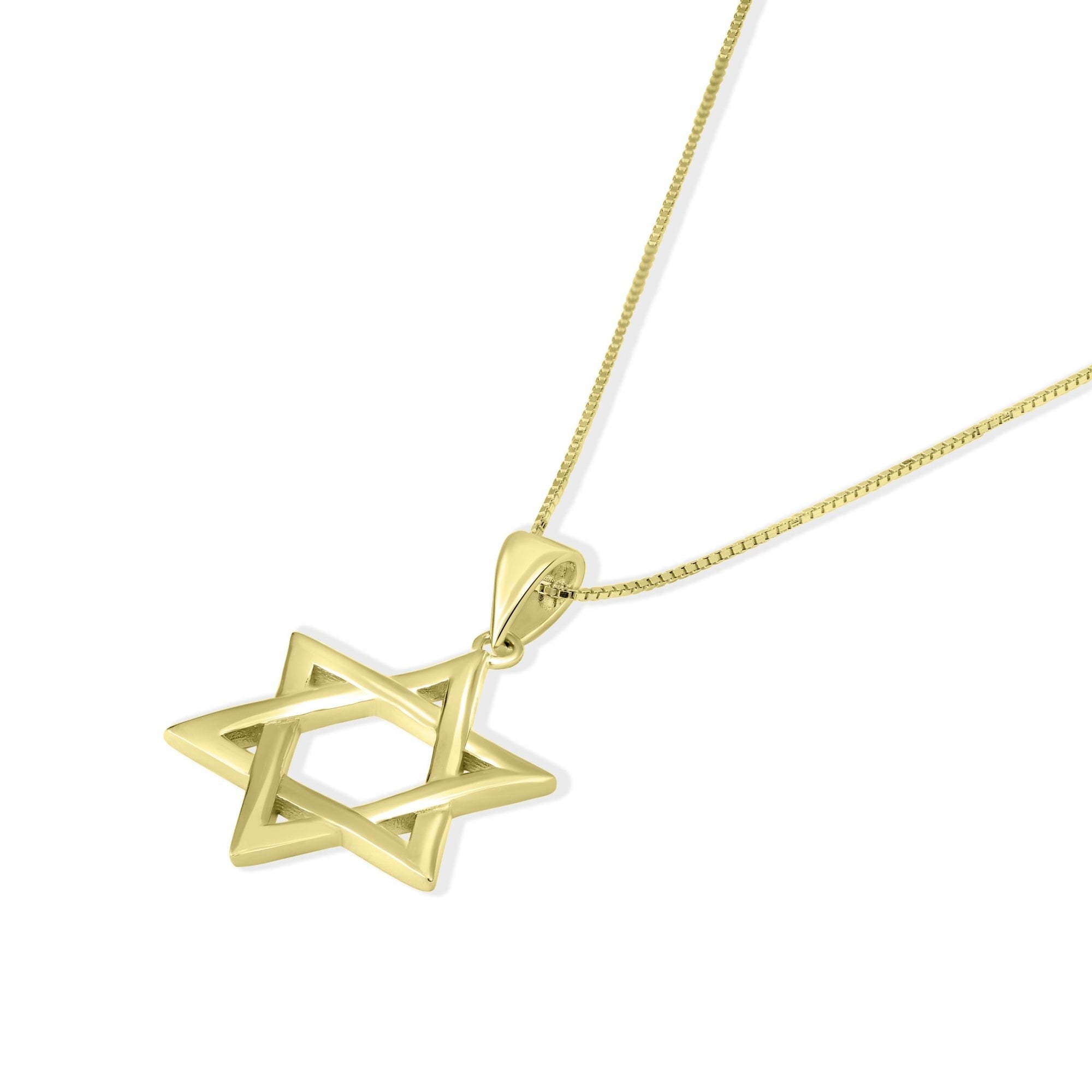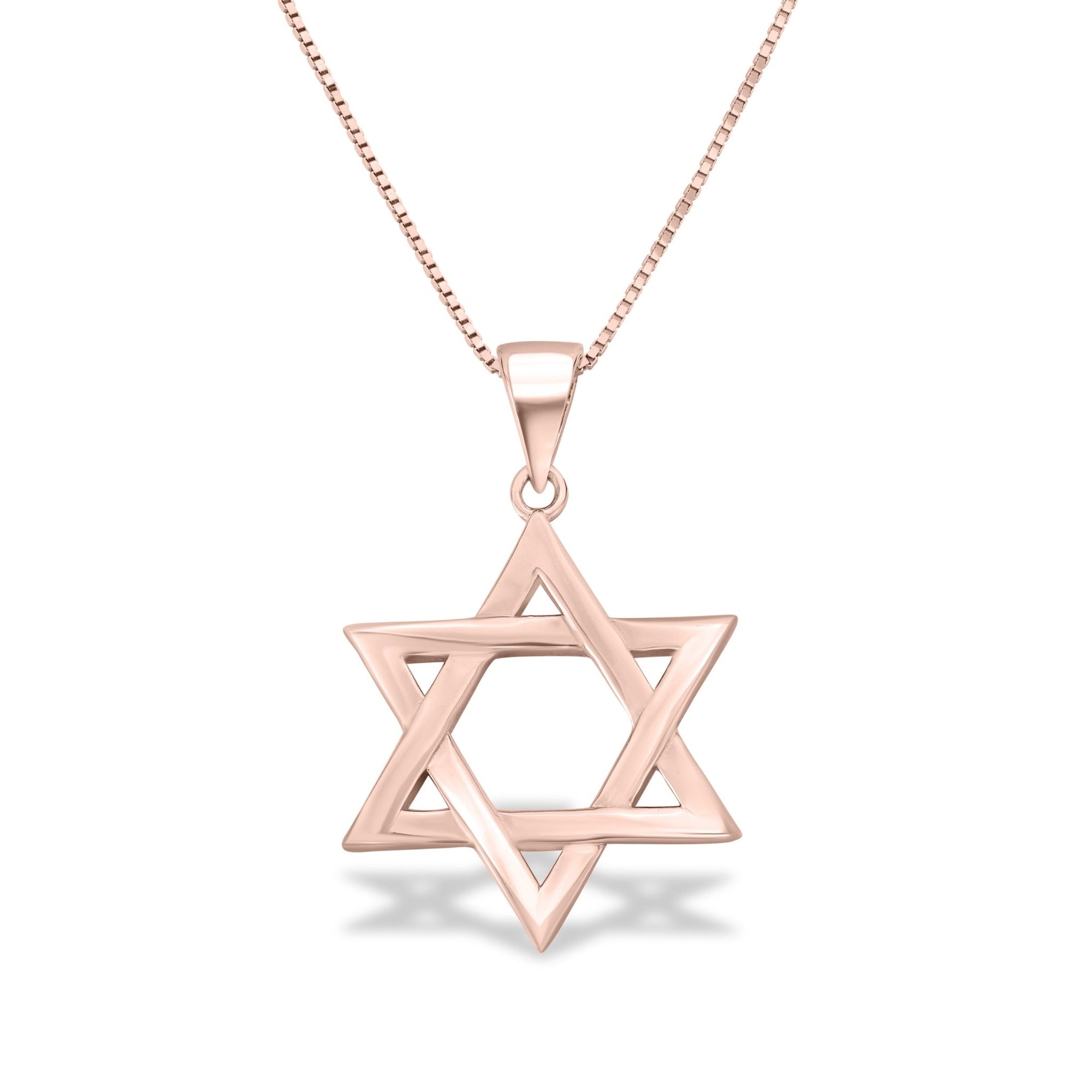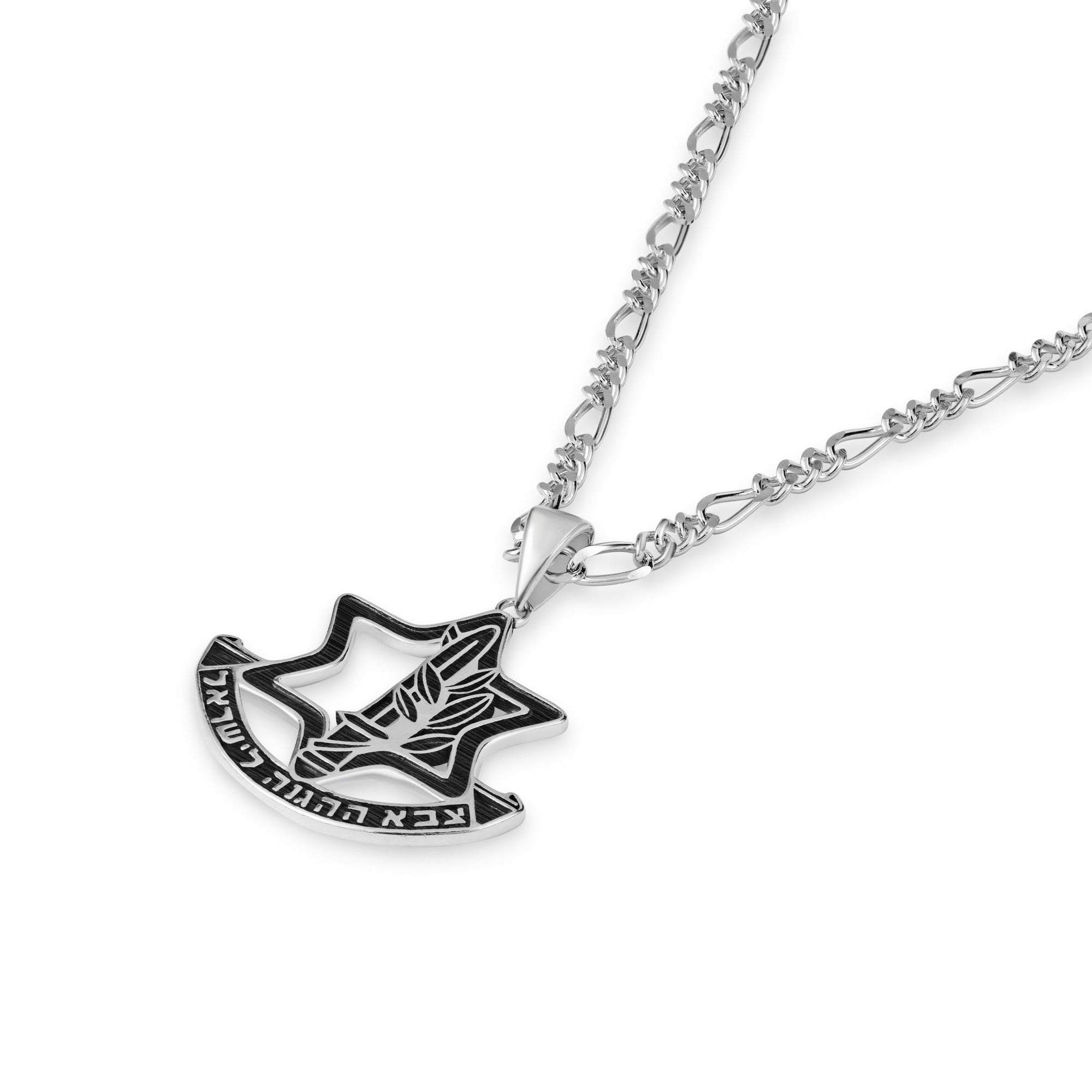Key Takeaways
- Tulsi Gabbard has engaged with Israel through public support for a strong U.S.-Israel relationship and participation in pro-Israel events like the Christians United for Israel (CUFI) conference.
- She has made key public statements, such as criticizing Israel's use of live ammunition in Gaza and supporting a two-state solution to the Israeli-Palestinian conflict.
- Gabbard's political stance on Israel aligns with pro-Israel views, though she also emphasizes the need for peace and dialogue in the region.
Tulsi Gabbard is a former U.S. Representative from Hawaii who has gained international attention for her unique political views and global influence. She has been a vocal figure in U.S. foreign policy discussions, particularly regarding the Middle East. A key question surrounding her political career is: Does Tulsi Gabbard Support Israel? Her actions and statements provide insight into her stance on this critical issue.
Has Tulsi Gabbard Engaged with Israel Directly?
Tulsi Gabbard has not been reported to have visited Israel directly, but she has engaged with pro-Israel organizations and events in the United States.
- She attended the Christians United for Israel (CUFI) conference in 2015, where she emphasized the importance of the U.S.-Israel relationship.
- There are no documented personal connections or ongoing collaborations with Israeli communities beyond her public advocacy.
Has Tulsi Gabbard Expressed Opinions on Israel?
Tulsi Gabbard has expressed her opinions on Israel through various public statements and actions.
- In 2015, she chose not to boycott Benjamin Netanyahu's address to the U.S. Congress, highlighting her support for maintaining strong U.S.-Israel relations.
- She criticized Israel's use of live ammunition along the Gaza fence in May 2018, calling for restraint.
- Gabbard participated in discussions related to the Israeli-Palestinian conflict, supporting a two-state solution and opposing the BDS movement as a means to achieve peace.
What Is Tulsi Gabbard’s Stance on Politics and Israel?
Tulsi Gabbard's political perspective on Israel is characterized by her support for a strong U.S.-Israel relationship while advocating for peace and dialogue in the region.
- Her overall political alignment is complex, combining anti-interventionist views with strong support for Israel, which sets her apart from some of her former Democratic colleagues.
- She has made public statements:
- Supporting Israel's right to exist and advocating for a two-state solution.
- Criticizing certain Israeli actions, such as the use of live ammunition in Gaza.
Community Engagement and Advocacy
Tulsi Gabbard's community engagement related to Israel is primarily through her political advocacy rather than charitable or collaborative efforts with Israeli organizations.
- She has not been involved in any notable charitable initiatives specifically focused on Israel.
- Her advocacy efforts have been centered around supporting a strong U.S.-Israel relationship and promoting peace in the Middle East.
Cultural Impact Related to Israel
Tulsi Gabbard's influence on cultural perceptions of Israel is limited but notable for her unique political stance.
- Her endorsement of a strong U.S.-Israel relationship has resonated with pro-Israel groups in the U.S.
- Her influence does not appear to have directly impacted local Israeli cultural initiatives, as her engagement has been more political than cultural.
Conclusion: Tulsi Gabbard’s Relationship with Israel
Tulsi Gabbard's relationship with Israel is marked by her strong support for the U.S.-Israel alliance and her advocacy for peace in the region. She has expressed both support and criticism of Israeli actions, reflecting a nuanced approach to the Israeli-Palestinian conflict. Overall, Tulsi Gabbard does support Israel, emphasizing the importance of maintaining a strong relationship while advocating for a peaceful resolution to regional conflicts.
Regarding antisemitism, there is no evidence to suggest that Tulsi Gabbard has made antisemitic statements. However, her engagement with discussions around U.S. foreign policy and her defense of free speech in the context of the BDS movement have sometimes placed her in complex political situations. Her stance on Israel has been more aligned with pro-Israel views, which has not been associated with antisemitism but rather reflects her political perspective on U.S.-Israel relations.































